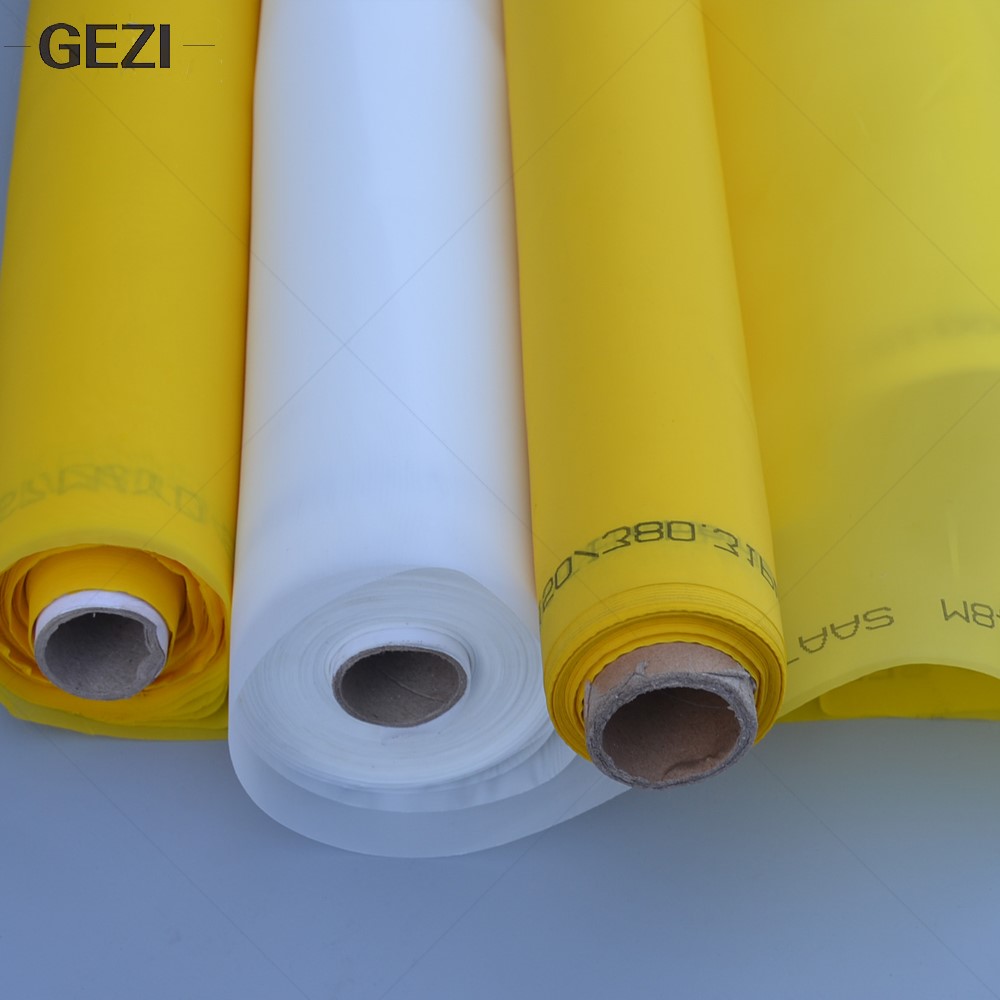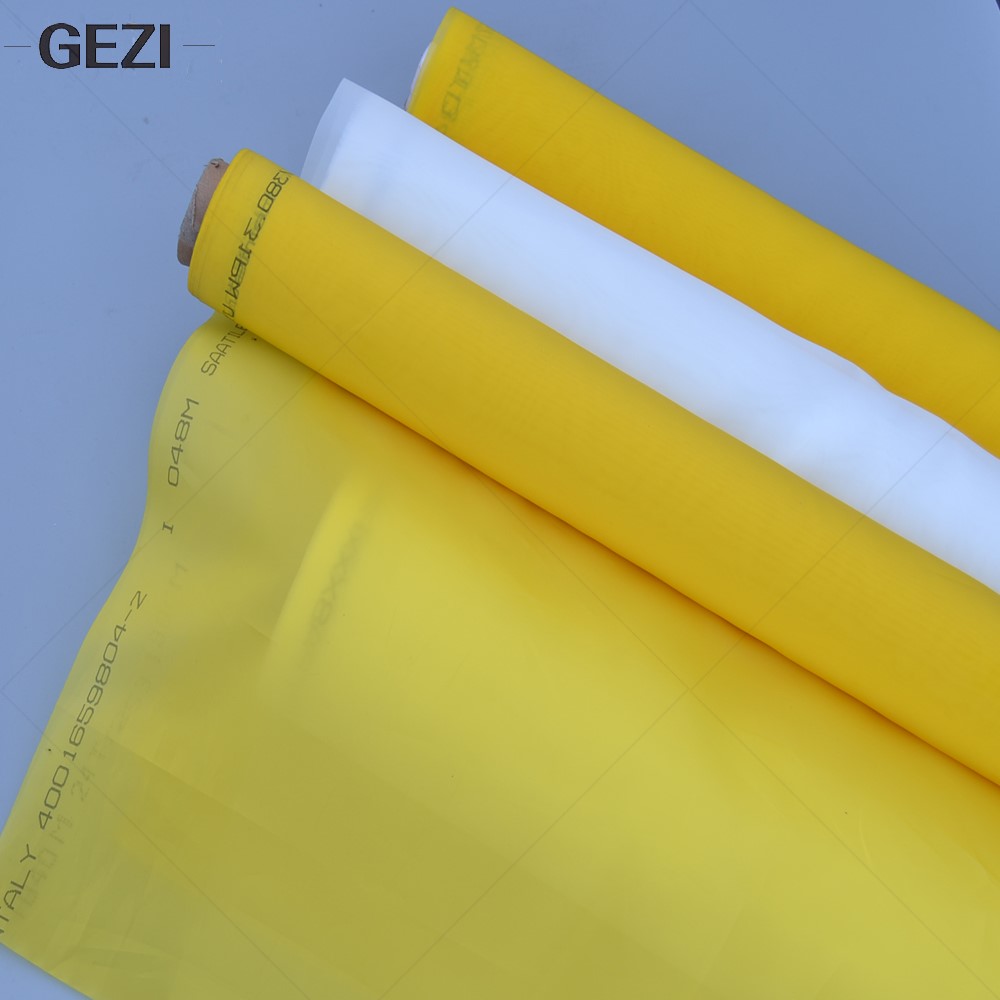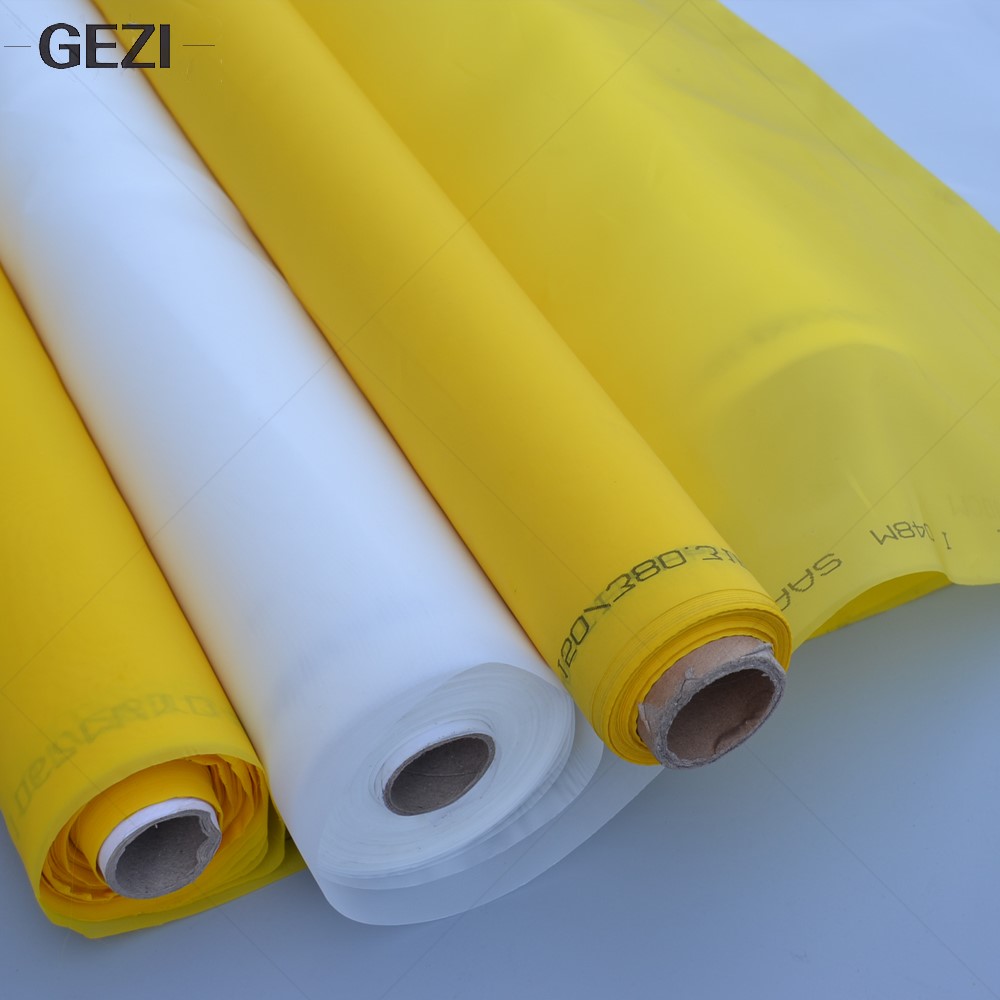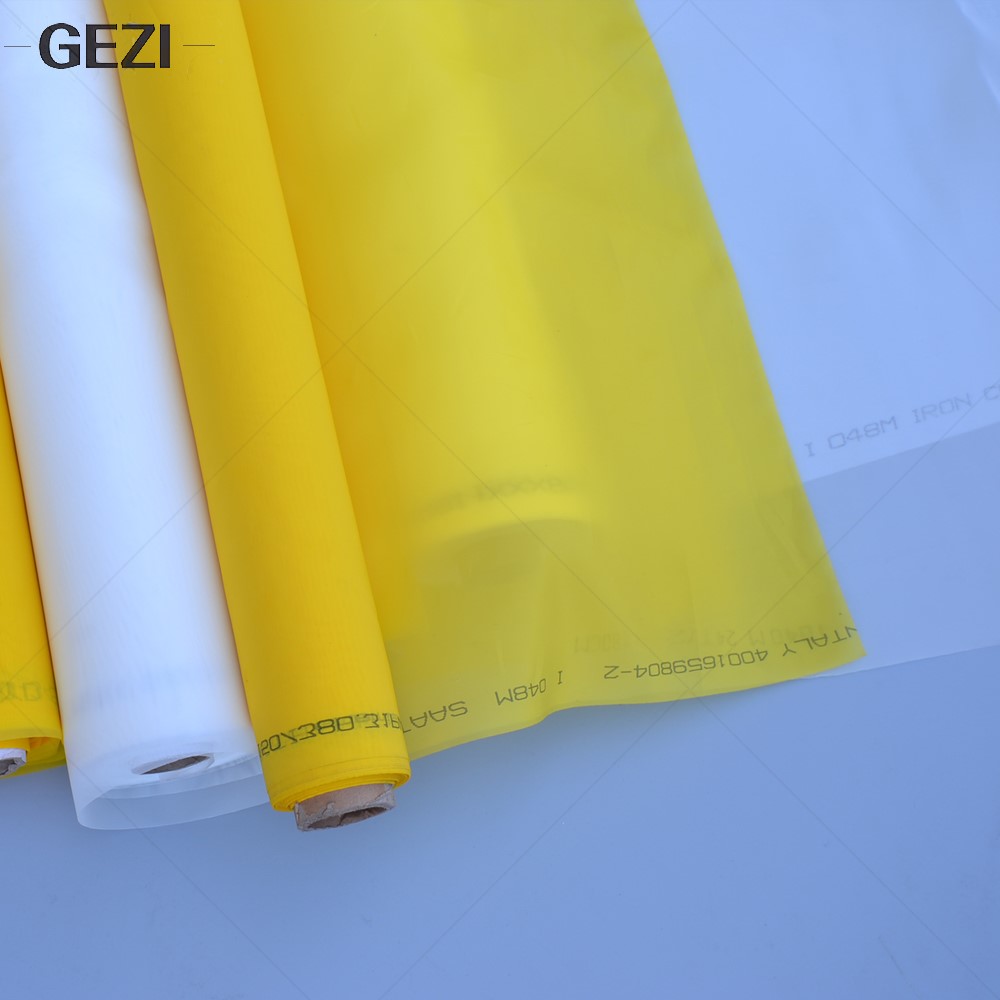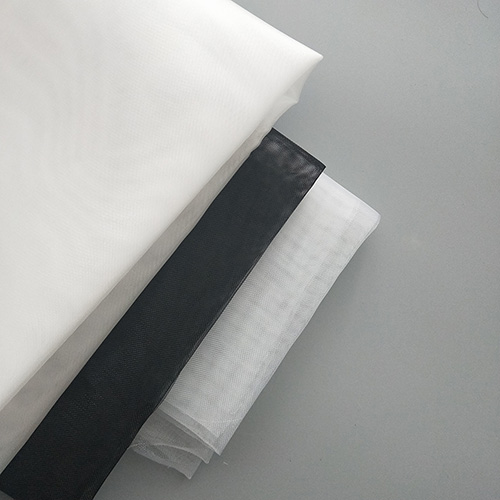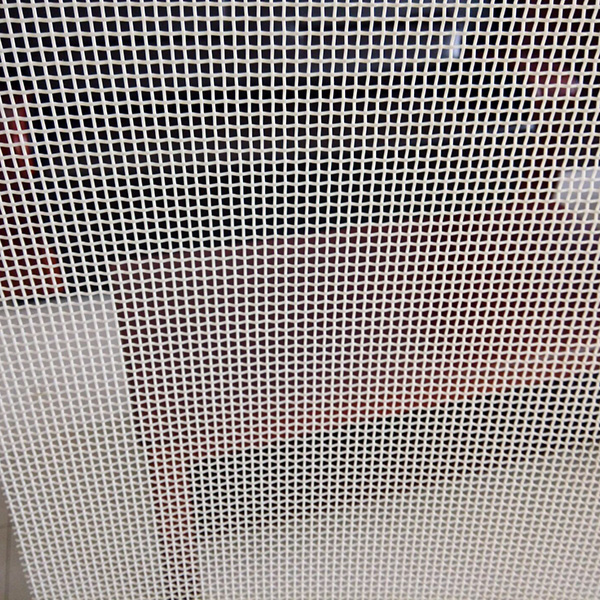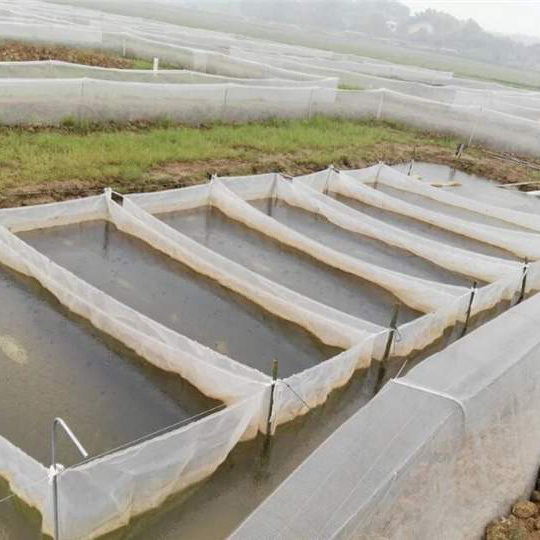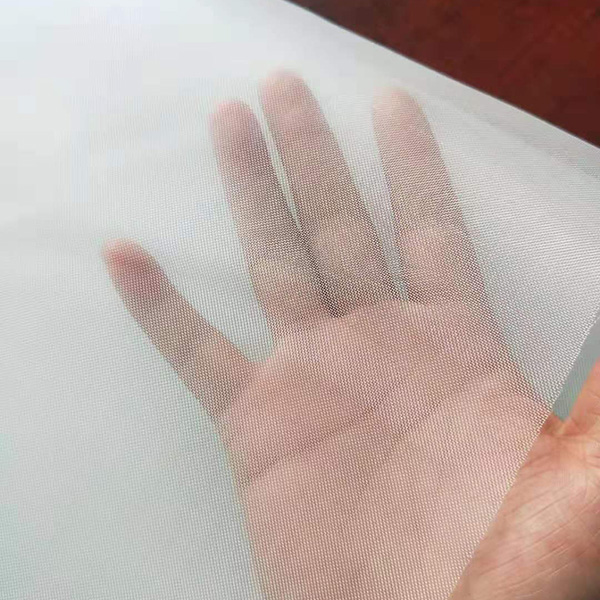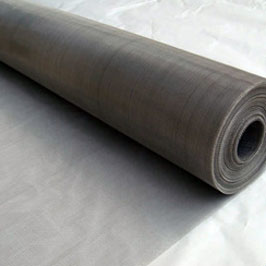Process flow of silk screen printing glass
According to the principle of silk screen printing, the ink is printed on the surface of glass, and then the ink curing measures are adopted to make the printed pattern firm and durable. The technological process is as follows:
Stretch screen → sizing → drying → printing → developing → drying
Flat glass > cutting > edging → cleaning and drying > printing
sinter
1. Glass for printing
According to the user's requirements, the glass can be cut in regular or irregular shape, then the glass is inverted, ground, cleaned and dried for use. Special attention should be paid here. There should be no water mark on the glass surface.
2. Selection of screen mesh
Glass screen printing plate and general screen printing plate, glass screen printing plate selection of synthetic fiber screen, stainless steel screen, natural fiber screen. When printing general colors, the above screen can be used, generally choose cheap synthetic fiber screen; as gold and silver decoration, stainless steel screen can not be selected. The screen size is generally 270 ~ 300 mesh.
3. Selection of silk screen frame
At present, the more regular and less deformed mesh frame is aluminum alloy mesh frame, and its size should be larger than the pattern. The specific size should be that the outer edge of the pattern should be 70 ~ 100 mm away from the mesh frame. In addition, the selection of mesh frame, its strength is very important, the key is the horizontal direction of enough rigidity. 4. The tension net selects the screen and the net frame, and combines the two, which is the tension net. There are many ways to stretch the net, you can use a variety of manual, mobile, pneumatic methods, at present more advanced, can stretch high-quality screen is pneumatic stretch machine. The requirement of stretching net is that the tension is even, the warp and weft lines of the net are vertical, and the glue should be firm and not loose.
